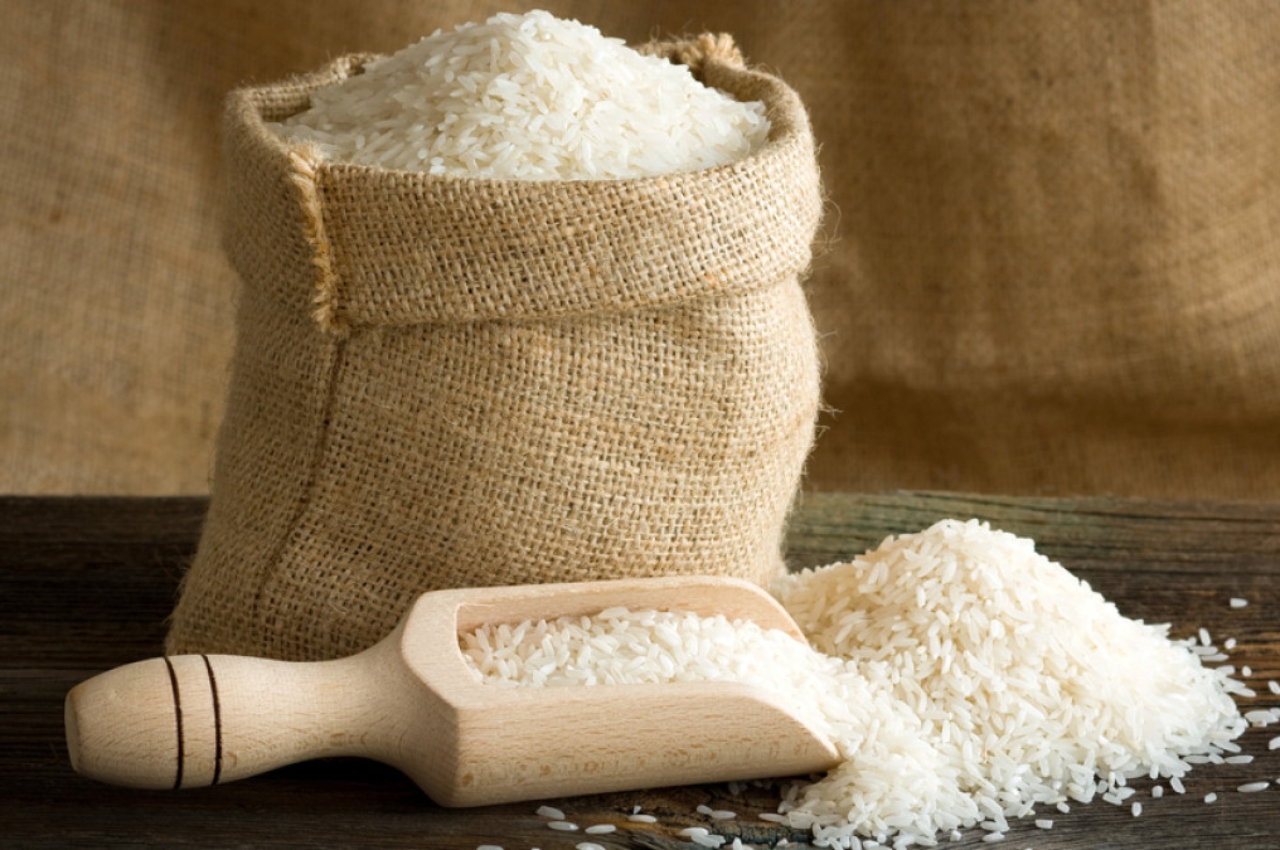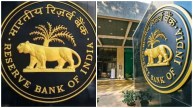New Delhi: After more than ten years of stability, India’s recent restrictions on rice exports may lead to a spike in world prices, according to traders, as the protectionist measure by New Delhi coincides with declining supply from other key exporters and rising worldwide demand, The Business Standard reported.
Rice growing in India was hampered by uneven monsoon rainfall, which led to export limitations in September. Floods also reduced Pakistan’s output, despite rising consumption in major importers like Bangladesh and the Philippines. Because of this, experts predict that in 2022–2023, worldwide demand will exceed global output.
This is bad news for the Asian and African nations that depend on rice imports for up to 60% of their needs.
Also Read: Russia emerges 7th largest trading partner of India between April-August period
Global rice prices have increased by more than 10% since India, the largest producer of rice in the world, banned the export of broken rice and imposed a 20% export tariff on several non-basmati kinds. The worldwide rice price index for the Food and Agriculture Organization increased 2.2% last month to reach an 18-month high.
“The international market has gone up and it will go up further,” said Nitin Gupta, vice president for Olam India’s rice business.
After COVID-19’s production and supply chain disruptions left governments throughout the world scrambling to control food inflation, Russia’s invasion of Ukraine withdrew millions of tonnes of food from the world’s markets, setting a record for inflation earlier this year.
Even Nevertheless, before India’s export restrictions went into effect a few months ago, business and government leaders in Asia predicted that rice prices would remain stable because of adequate supplies.
Also Read: Govt aims for valuation of Rs 640 bn for IDBI Bank: Report
Since neither Russia nor Ukraine is a major producer of wheat, rice was spared from the conflict. Additionally, despite the COVID-related disruptions for other goods, rice supplies had remained largely stable.
Top exporters Thailand and Vietnam currently have insufficient stockpiles to offset India’s export restrictions and extensive output losses. Three international traders predicted that, citing their own internal analyses, global rice inventories might reach their lowest level in at least five years in 2023.
“Since India cornered 40% of the global trade, it’s not easy for others to replace falling Indian shipments when demand is rising from leading importers,” Gupta said.
Read More :- Latest Business News










